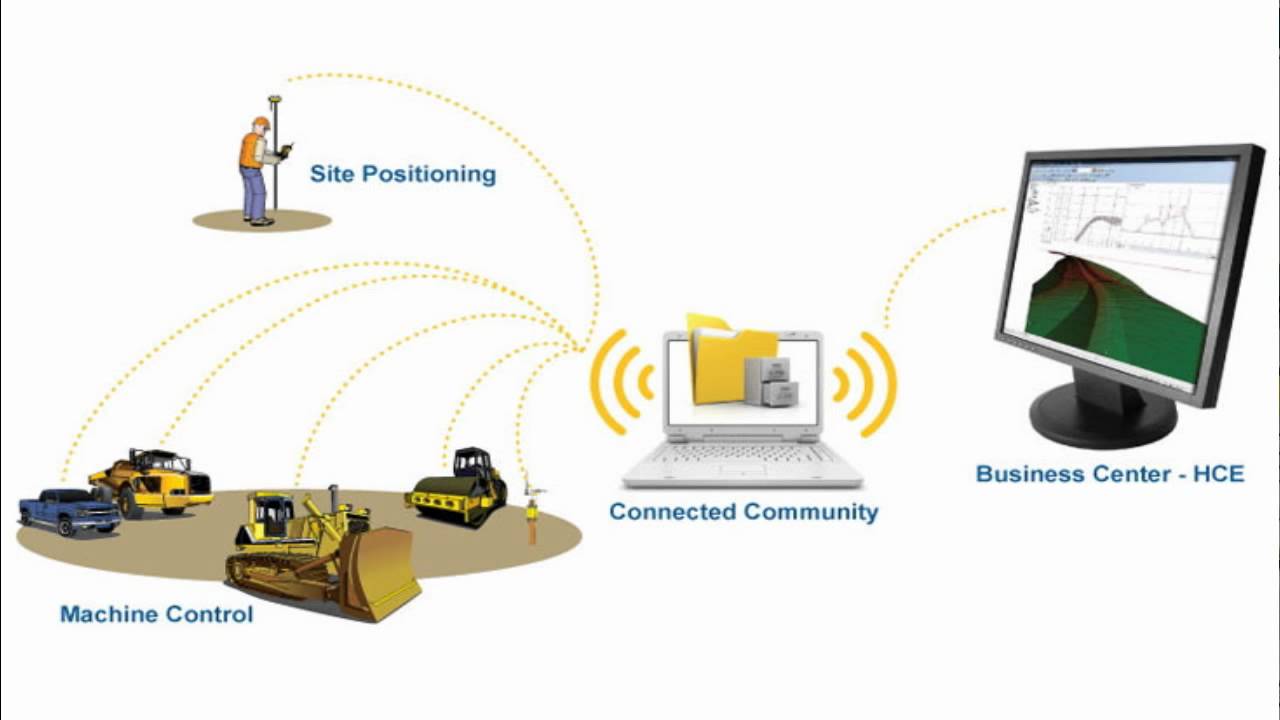The marketplace business model is a dynamic and influential concept in the digital economy. It has redefined how consumers access products and services, and how businesses operate in the online world. Marketplaces like Amazon, eBay, and Airbnb have become household names, but what exactly is a marketplace business, and how does it function? In this article, we will delve into the definition, key components, advantages, and challenges of a what is a marketplace business.
Contents
Defining a Marketplace Business
A marketplace business can be described as follows:
A marketplace is a digital platform or ecosystem where multiple independent sellers or service providers offer their products or services to a diverse group of potential buyers or customers. This platform serves as an intermediary, facilitating transactions and interactions between sellers and buyers. It often manages various aspects of the process, including payment processing, logistics, and customer feedback.
Key Components of a Marketplace Business
To understand the essence of a marketplace business, let’s explore its fundamental components:
- Digital Platform: The marketplace itself serves as the online platform where all interactions occur. It can take various forms, including websites, mobile apps, or a combination of both.
- Diverse Seller Base: Marketplaces host a wide variety of sellers, ranging from individuals and small businesses to established enterprises. This diversity enriches the product or service offerings and provides customers with an extensive selection.
- Product or Service Catalog: Sellers list their products or services on the marketplace, creating a comprehensive catalog that is easily accessible to potential buyers. This catalog typically includes detailed descriptions, images, and pricing information.
- Payment Processing: Many marketplaces handle payment transactions, ensuring secure and seamless payments for both buyers and sellers. They may charge fees or commissions for this service.
- Logistics and Fulfillment: Some marketplaces offer integrated logistics and fulfillment services, streamlining the delivery process for sellers and enhancing the overall shopping experience for customers.
- User Reviews and Ratings: Trust and transparency are essential in marketplaces. Customer reviews and ratings play a significant role in building trust among buyers and sellers, enabling informed decision-making.
Advantages of the Marketplace Business Model
The marketplace business model offers numerous advantages for both sellers and buyers:
- Convenience: Marketplaces provide a convenient one-stop shopping experience, allowing customers to browse, compare, and purchase products or services from multiple sellers in one place.
- Product Diversity: Buyers gain access to an extensive array of products and services across various categories, often featuring both well-known brands and unique offerings.
- Competitive Pricing: Increased competition among sellers on marketplaces often leads to competitive pricing, benefiting consumers and potentially lowering costs.
- Scalability: Sellers can significantly expand their reach by leveraging the marketplace’s existing user base, potentially increasing sales and revenue.
- Security and Trust: Established marketplaces invest heavily in security measures to protect both buyers and sellers, fostering trust and reliability.
Read Also:
Challenges and Considerations
While the marketplace business model offers substantial advantages, it also presents specific challenges:
- Competition Among Sellers: In a crowded marketplace, it can be challenging for sellers to stand out and attract customers, especially when offering similar products.
- Platform Regulations: Sellers are often subject to the rules and policies of the marketplace, which can change and impact their operations.
- Fees and Commissions: Marketplaces typically charge fees or commissions on sales, which can affect a seller’s profit margins.
- Brand Control: Sellers may have limited control over their brand’s presentation on the marketplace, potentially impacting brand identity.
- Counterfeit and Fraudulent Products: Maintaining quality control and preventing the sale of counterfeit or fraudulent products can be a constant challenge for marketplaces.
The marketplace business model has transformed the way commerce is conducted in the digital age. With its convenience, diversity, and scalability, it continues to shape the future of online shopping and services. As technology continues to advance and consumer preferences evolve, marketplaces are likely to continue shaping the future of online commerce, providing a dynamic and innovative space for businesses and consumers to connect, transact, and thrive.










